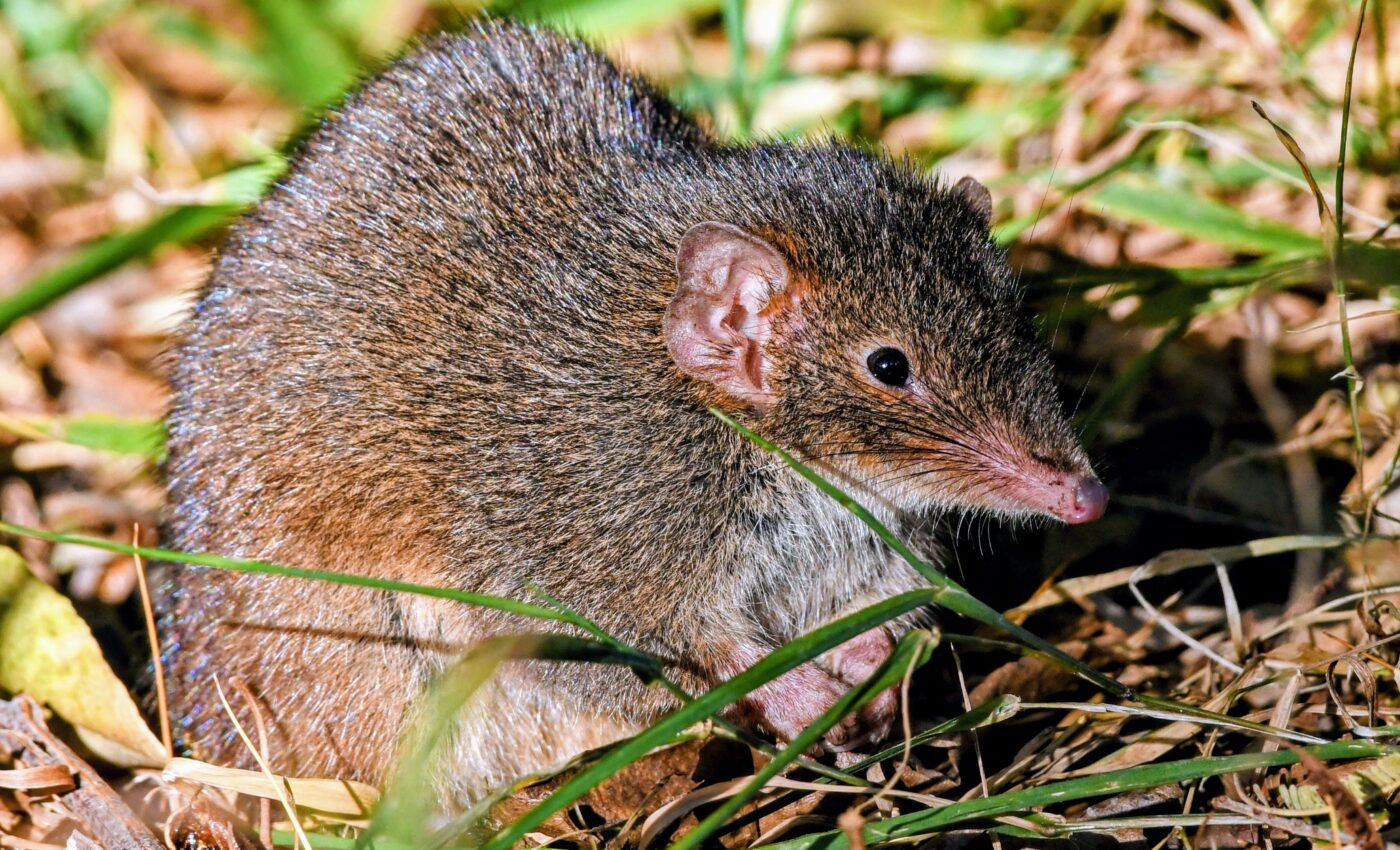
With only one shot at mating, the male antechinus gives up sleep for sex
In a recent study, researchers have uncovered the extraordinary lengths to which a small Australian marsupial, the antechinus, will go to ensure reproductive success.
The study brings to light a unique behavior among land-dwelling mammals: the sacrifice of sleep for the sake of mating.
Peculiar mating behavior
The antechinus displays a baffling yet fascinating approach to reproduction. The multi-year research, led by experts from La Trobe University has shown that male antechinuses dramatically reduce their sleep during mating season. This behavior has never been documented in any land mammal.
“Using a combination of techniques, we showed that males lose sleep during the breeding season, with one male halving his sleep during this mating period,” said study co-author Erika Zaid.
“In humans and other animals, restricting the normal amount of sleep leads to worse performance while awake, an effect that compounds night after night. And yet, the antechinus did just that: they slept 3 hours less per night, every night, for 3 weeks.”
Unusual life cycle
These small marsupials have an unusual life cycle. Males live for just a year and have only one opportunity for reproduction. Following a short but intense mating season, they typically die.
Females, on the other hand, may live up to two years. The researchers were drawn to study these creatures due to their unique reproductive strategy, which involves intense competition among males for mating opportunities.
“The males have one shot at fathering offspring during a single 3-week mating period,” said study co-author John Lesku. “We found that male, but not female, dusky antechinuses, become restless during their only breeding season.”
Extreme sleep deprivation
The researchers used advanced methods such as accelerometry, electrophysiology, and metabolic measures to track and analyze the sleep patterns and activity levels of the marsupials.
Surprisingly, despite the known detrimental effects of sleep deprivation, the males appeared to cope well with the reduced sleep, raising questions about their resilience to such extreme behavior.
Making sacrifices
The findings suggest two possibilities: either the antechinus has evolved to function effectively with less sleep during this crucial period, or is willingly enduring the negative consequences of sleep deprivation to maximize their chances of reproductive success.
“It is actually a little surprising that these animals do not sacrifice even more sleep during the breeding season, since they will soon die anyways,” noted Zaid. “In this way, keeping much of their sleep intact reveals the essential functions that sleep serves.”
Future research
The reason behind the post-mating mortality of male antechinuses remains unclear, though sleep deprivation alone is not suspected to be the cause. Intriguingly, the males with the least amount of sleep were not necessarily in the worst condition.
Going forward, the research team is eager to delve deeper into understanding how the antechinus manage with such significant sleep loss, a level that would severely impair humans.
The study opens up exciting avenues for future research into the adaptability and resilience of these unique marsupials, providing insights into the complex interplay between sleep and survival strategies in the animal kingdom.
The study is published in the journal Current Biology.
Like what you read? Subscribe to our newsletter for engaging articles, exclusive content, and the latest updates.
—-
Check us out on EarthSnap, a free app brought to you by Eric Ralls and Earth.com.













